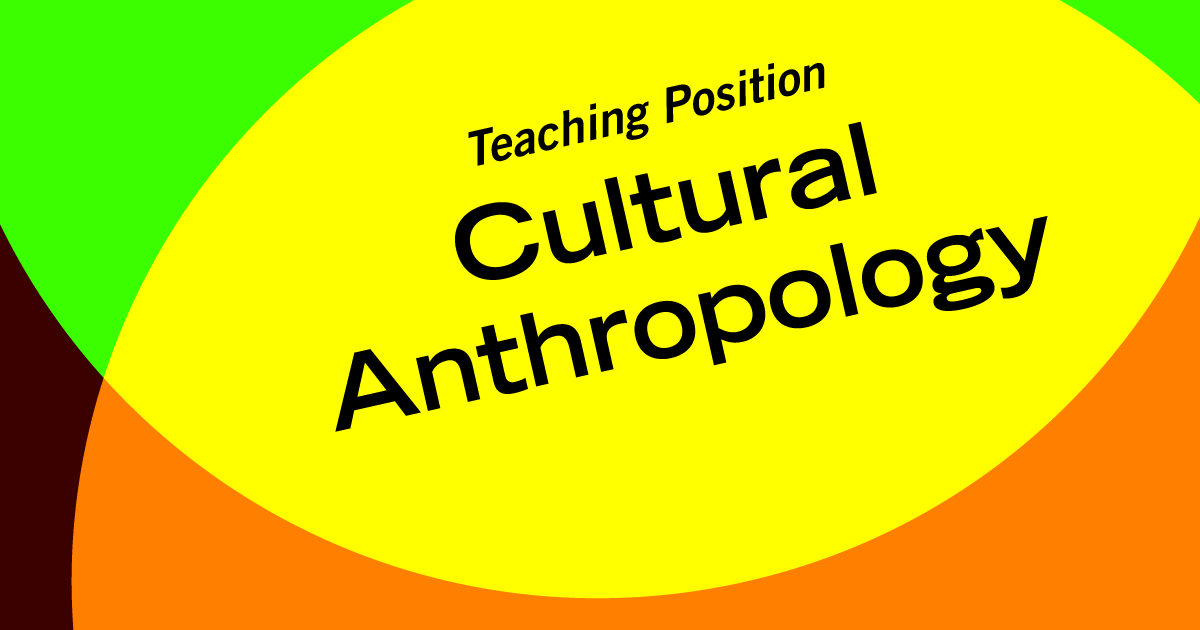For the MA Eco-Social
Here is the call. Application deadline 25 Nov 2022, 12:00 a.m. CET. If you have questions about the application procedure, please send an email to Recruitment Design. For questions concerning the MA Eco-Social Design and the teaching practice please contact me via email. Our apologies for the bureaucratese form of the call. It is out of my hands to make this different :( But the work itself and the atmosphere in our study course and research projects are sunny and truly collaborative :)
The course will take place as in the summer semester 2023 (End of February to end of June 2023).
The practice-based and transdisciplinary Master in Eco-Social Design is an educational framework for designers who aim to contribute to more sustainable, resilient and solidary futures. It supports students in developing their reflective practice by introducing them to challenges, partners, knowledges, instruments and strategies from diverse fields, which they draw together in their autonomous projects. Based on their interests and focus, students select courses in areas Make & Intervene (Design Disciplines) and Observe, Analyse & Apply (Social Sciences & Economics), to which the course in Eco-Social Economics belongs.
Based on their interests and focus, students select courses in areas Make & Intervene (Design Disciplines) and Observe, Analyse & Apply (Social Sciences & Economics), to which the course in Cultural Anthropology belongs.
The course’s aim is to integrate perspectives of ecological and environmental anthropology into perception and analysis of eco-social themes, particularly in the local alpine context. Additionally, the course will prepare students for the application of ethnographic methods and engagement with scientific texts. The critical reflection on concepts such as human – non-human relationships, ecological and social ‘transformation’ and dominant modes of production and living, and the exploitation of humans and nature, exclusion and growth compulsion going along with it, through a global comparative lens will lead to new understandings on how to combine anthropological discourses on the Anthropocene with innovative design approaches. The course leads through ethnographic examples of culturally diverse understandings of social-ecological worldviews.
